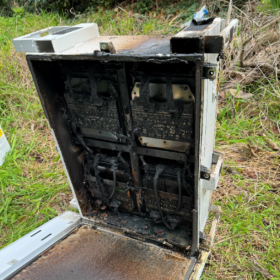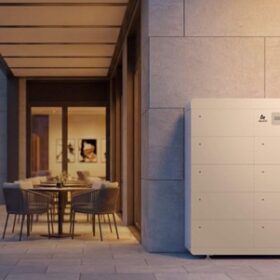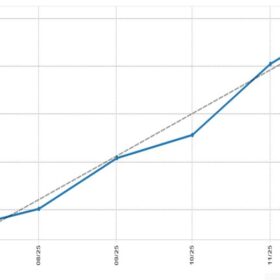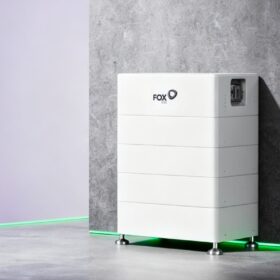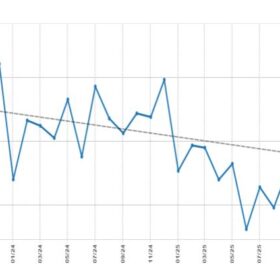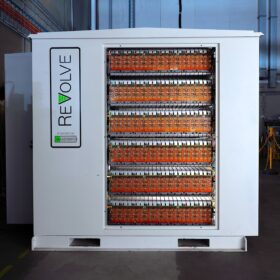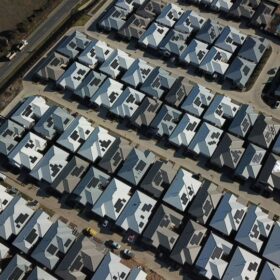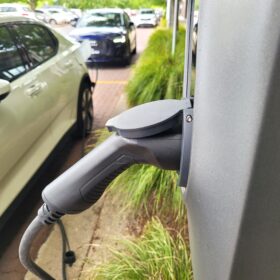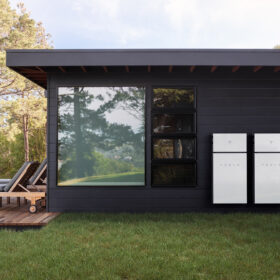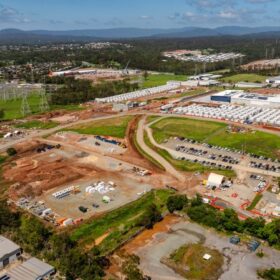Solar installer fined $9,000 over unsafe battery installs
A solar installation company has been fined $9,000 by a Victorian court after pleading guilty to unsafe installation of residential battery energy storage systems at five properties, including one that caused a minor house fire.
AlphaESS launches modular energy storage system for small C&I users
Designed for power ratings of 29.9 kW and 50 kW with scalable capacity up to 216,9 kWh, the new system is aimed at businesses seeking flexible energy storage solutions without the complexity of installation.
Home battery uptake continues to climb
More than 1.2 GWh of new behind-the-meter energy storage capacity was installed across Australia last month as households and businesses sought to take advantage of the federal government’s revised $7.2 billion Cheaper Home Batteries Program.
Fox trots out stackable battery system for residential, commercial applications
Chinese manufacturer Fox ESS has launched into the Australian market a 5.99 kWh capacity modular battery energy storage system that can be scaled up to 83.86 kWh per stack.
Rooftop solar installs rise as households turn to bigger systems
Australia’s rooftop solar market climbed by 22% in the past month with the latest data revealing that 334 MW of small-scale PV capacity was installed on household and business roofs across the country in December 2025.
Carmaker uses repurposed EV batteries to help power production plant
Repurposed electric vehicle batteries have been used for the energy storage component of a solar and battery project that is now helping power operations at carmaker Nissan Australia’s aluminium casting plant in Victoria
Ambrion launches new all-in-one storage solutions
The Australian firm has introduced single-phase 5 kW and 6 kW AC output storage systems, as well as three-phase 10 kW and 12 kW models. Storage capacities of the new products range from 5 kWh to 40 kWh.
Venergy completes 4.4 MW rooftop solar rollout for Stockland
Venergy Solar has completed what it says is one of the largest embedded network solar projects in Australia with 1,120 rooftop PV systems installed across four of property developer Stockland’s land-lease communities in Victoria.
Researchers unmask fast charge potential of hard carbon anodes
Japanese researchers have found sodium-ion batteries using hard carbon anodes can intrinsically charge faster than lithium-ion batteries, challenging long-held assumptions in battery research.
Bowen commits extra $5 billion to home battery subsidy
The Australian government has announced a major expansion of its Cheaper Home Batteries program, raising the funding allocation from the original $2.3 billion to approximately $7.2 billion over the next four years.
